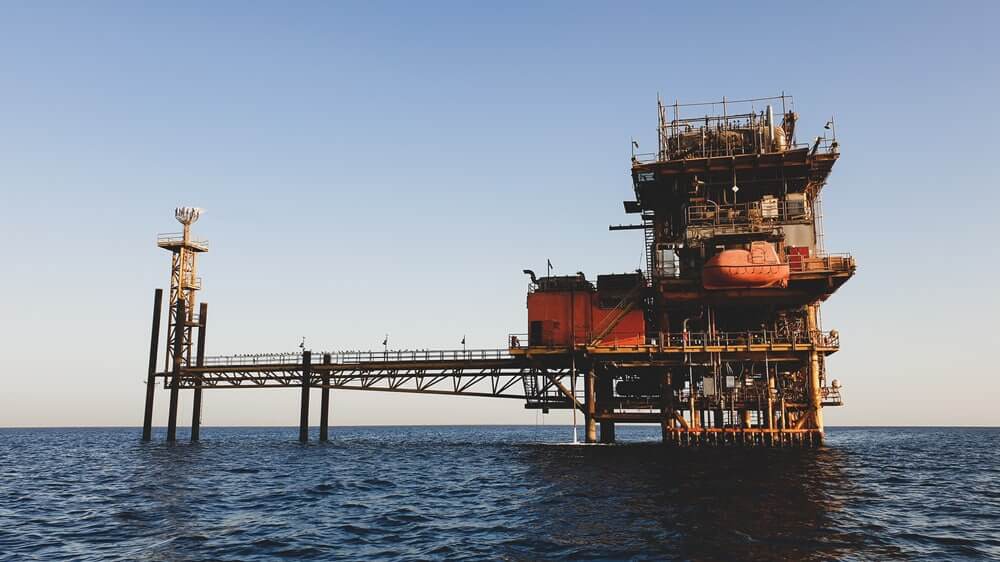
Recessionary Concerns Hold Oil Steady, What Price To Expect?
As focus turned to the next meeting between OPEC and its allies, supply concerns helped to drive up oil prices in Friday’s Asian trading, while recession fears restrained gains.
U.S. West Texas Intermediate (WTI) crude futures for September delivery increased 38 cents, or 0.4 percent, to $96.80 a barrel at 0330 GMT, erasing prior session losses and on course for a week-long gain of about 3 percent. The price of a barrel of Brent crude futures for September settlement, which expire on Friday, was unchanged at $107.14. October’s more active contract increased by 8 cents, or 0.1 percent, to $101.91.
According to Stephen Innes, managing partner at SPI Asset Management it feels like they are back in trade-off mode again, where mood is moving between recessionary threats in H2 and a fundamentally undersupplied market. The next gathering of the Organization of the Petroleum Exporting Countries (OPEC) and its allies, collectively known as OPEC+, which will take place on August 3, will be a significant promoter. The unprecedented 9.7 million barrels per day (bpd) supply cut that producer agreed to in April 2020, when the COVID-19 epidemic hit demand hard, has now been reversed.
Outlook on Oil Market
According to CMC Markets analyst Tina Teng, oil prices have little possibility of (recording) major losses on the back of a weak U.S. dollar and the continued supply bottleneck. OPEC+ sources stated that the organization would be open to keeping oil production steady in September, but two OPEC+ sources said that a slight increase would also be on the table.
After visiting Saudi Arabia this month in the hopes of reaching an agreement on oil production, US President Joe Biden would be disappointed if it were decided not to increase output. The government is bullish about the OPEC+ meeting, according to a senior U.S. administration official, who also claimed that increased supply will help stabilize the market. Analysts noted that several producers are finding it difficult to reach their output requirements owing to a lack of investment in oil fields, making it harder for OPEC+ to significantly increase supply.


